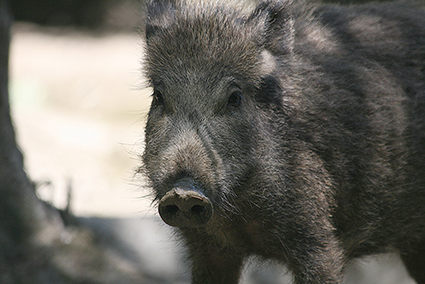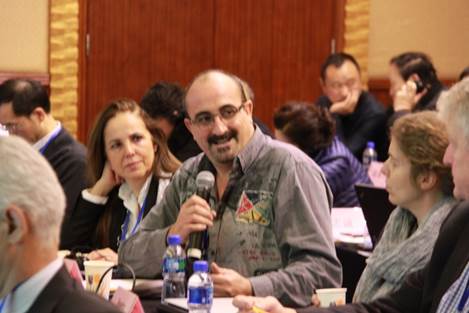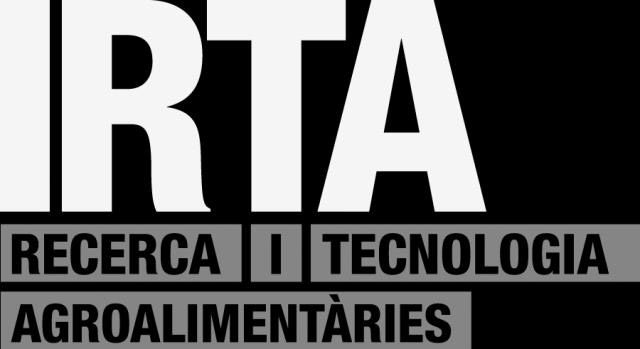Author Archives: Fernando Rodríguez

African swine fever in Belgium. Don't panic!
Today we had dinner over the sad news of the first case declared of African Swine fever in the South of Belgium. Just a few hours ago we learned that the virus causing this disease, the African Swine Fever virus (ASFv), had been diagnosed in two wild boars. In the absence of new data, everything is speculation. The most plausible explanations for the origin of these infections would be the direct infection of these animals by products contaminated with the virus from infected areas (“again the man is to blame”). Any other explanation would open rather uncomfortable questions to answer.

African swine fever research collaboration with China: Dr. Rodriguez visits Beijing invited by the FAO.
For the elder (and for those not that old), talking about African swine fever (ASF) brings unpleasant memories. The ASF-causative agent is a virus (ASFV) which provoked dramatic economical loses in the Iberian peninsula for almost four decades. To understand the tremendous implications of ASFV presence to our economy is worthy to mention that its eradication in 1995 allowed re-opening the international trade for our pork products, facilitating therefore launching our swine industry to today´s levels. However, our joy seemed to last only one decade since ASFV is menacing our borders again after re-entering the European continent thorough Georgia in 2007 and some Eastern border countries of the EU in 2014.

Pesta Porcina Africana, una enfermedad no tan Africana
It was the year 1957 when the African swine fever virus (ASFV) landed, pun intended, for the first time on the European continent and arriving from Africa. Being a gentleman as it is, one could speculate that our hero travelled with a first class ticket, well tucked in a soft bread crumb wrap, to stay with us for nearly fourty years.










